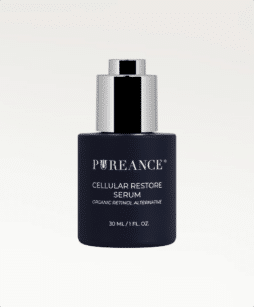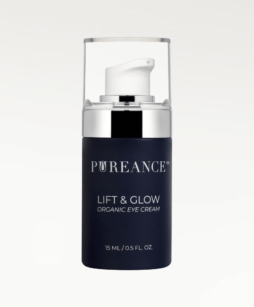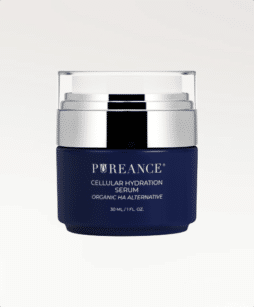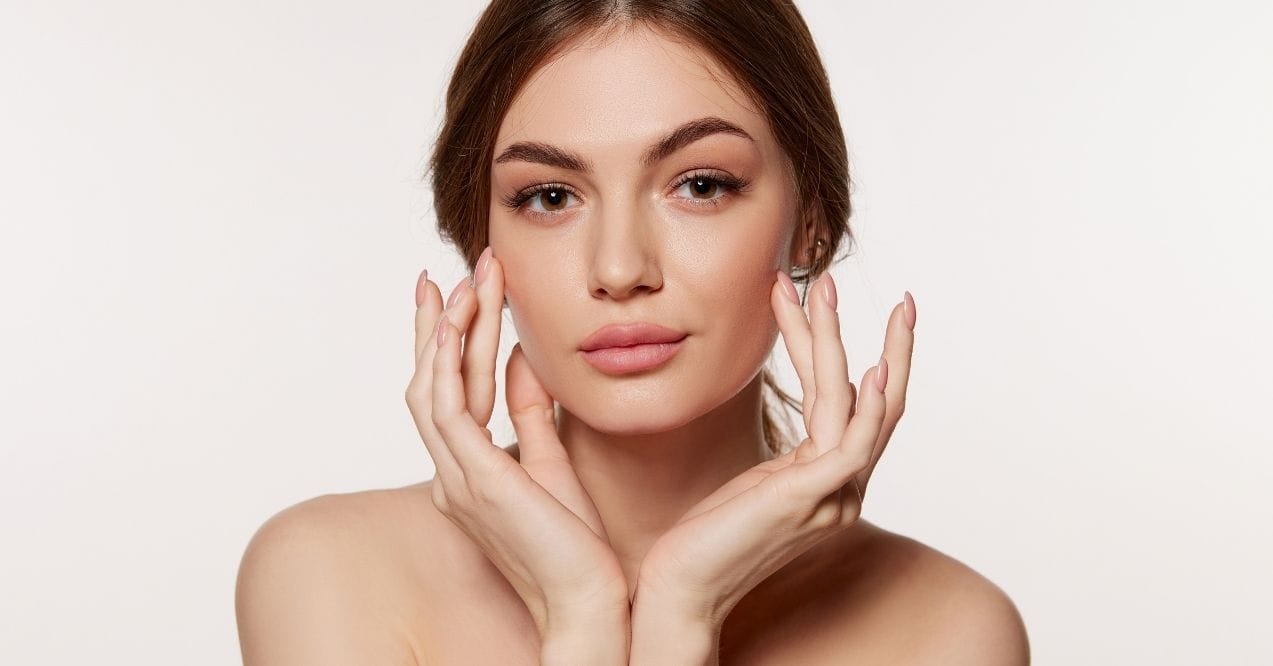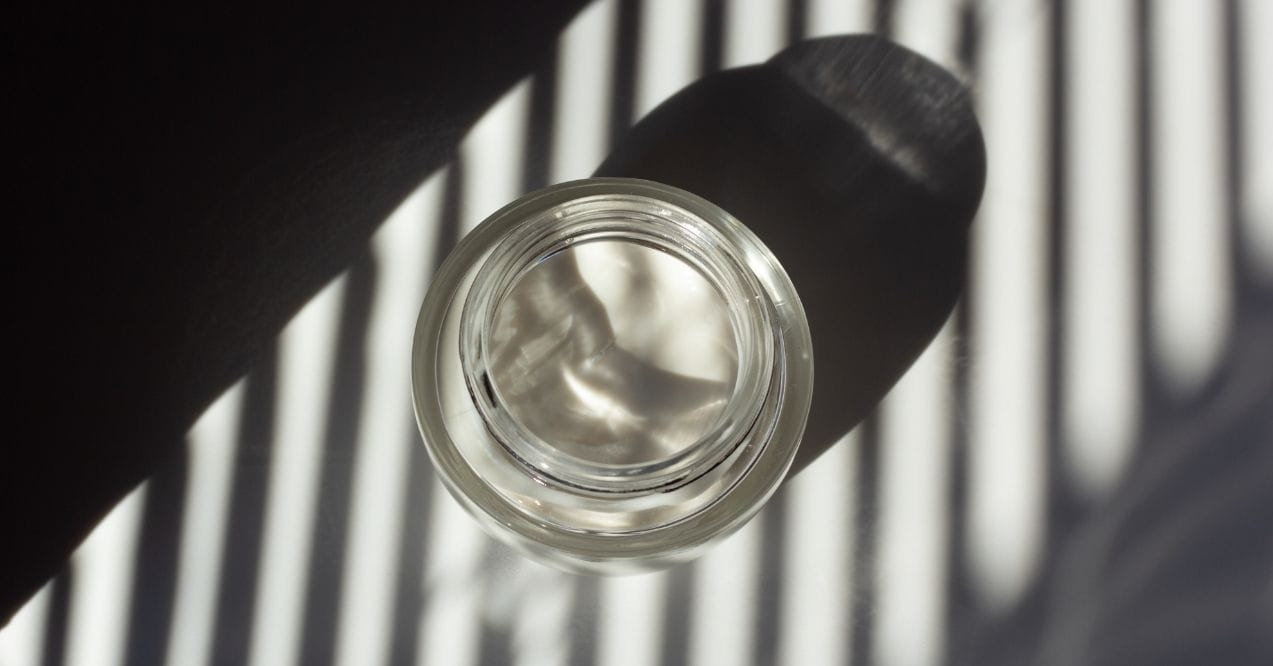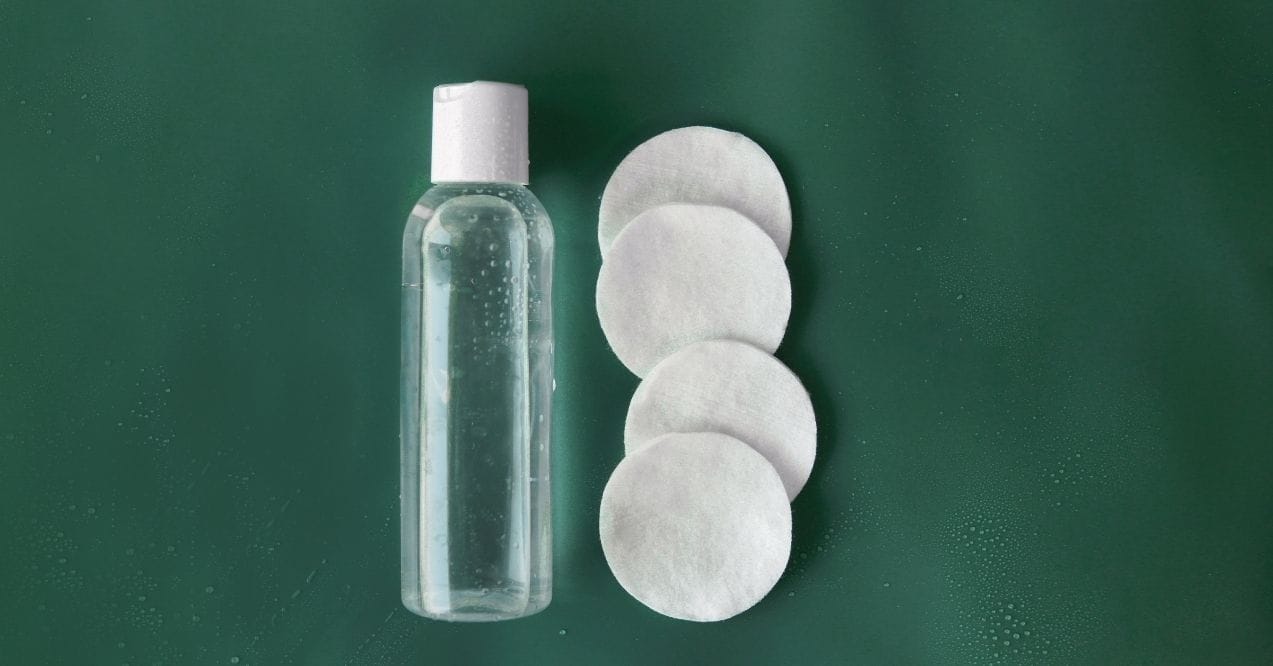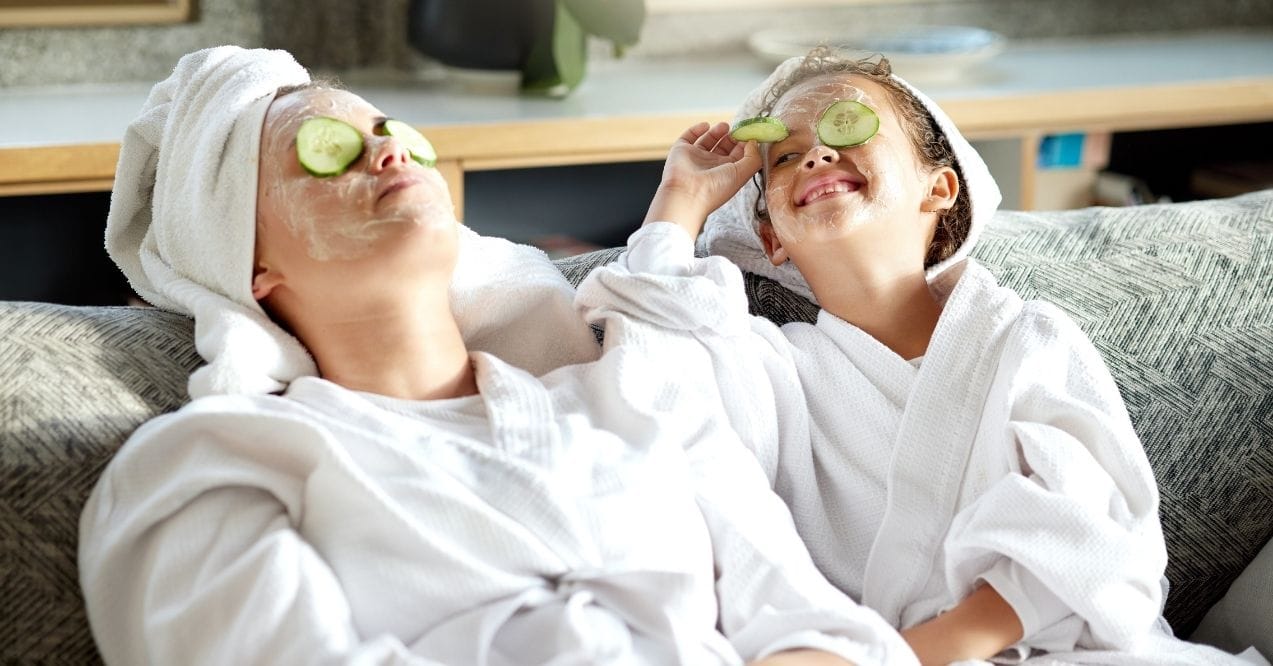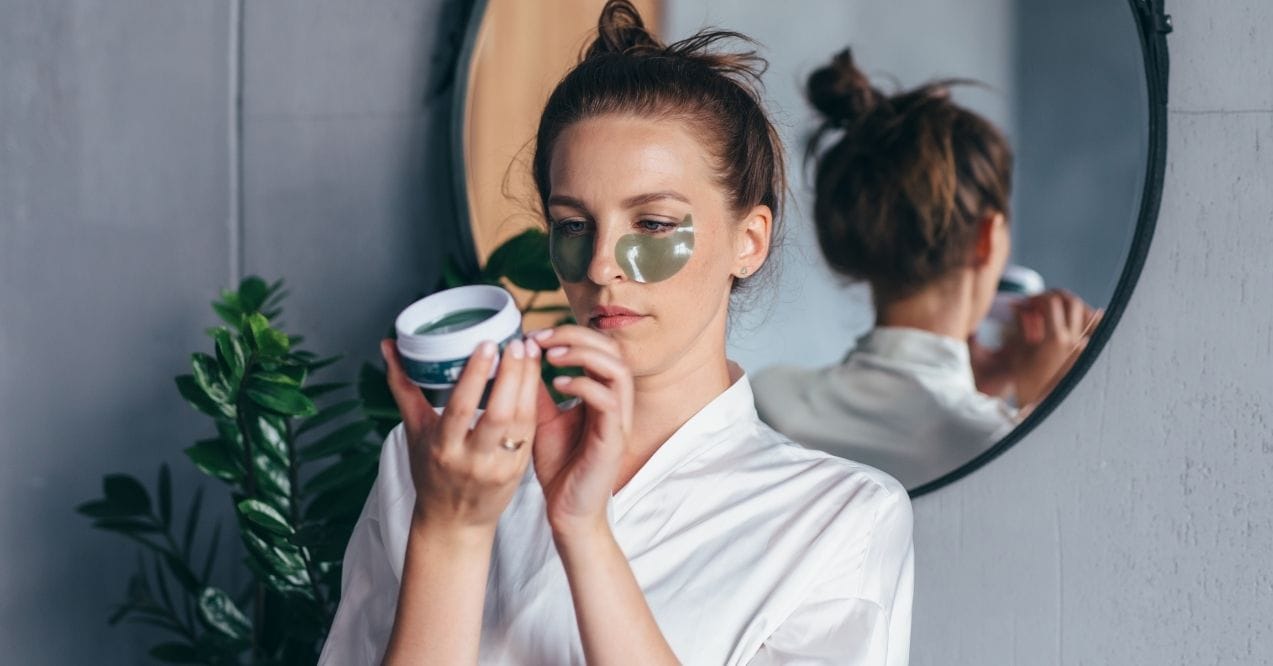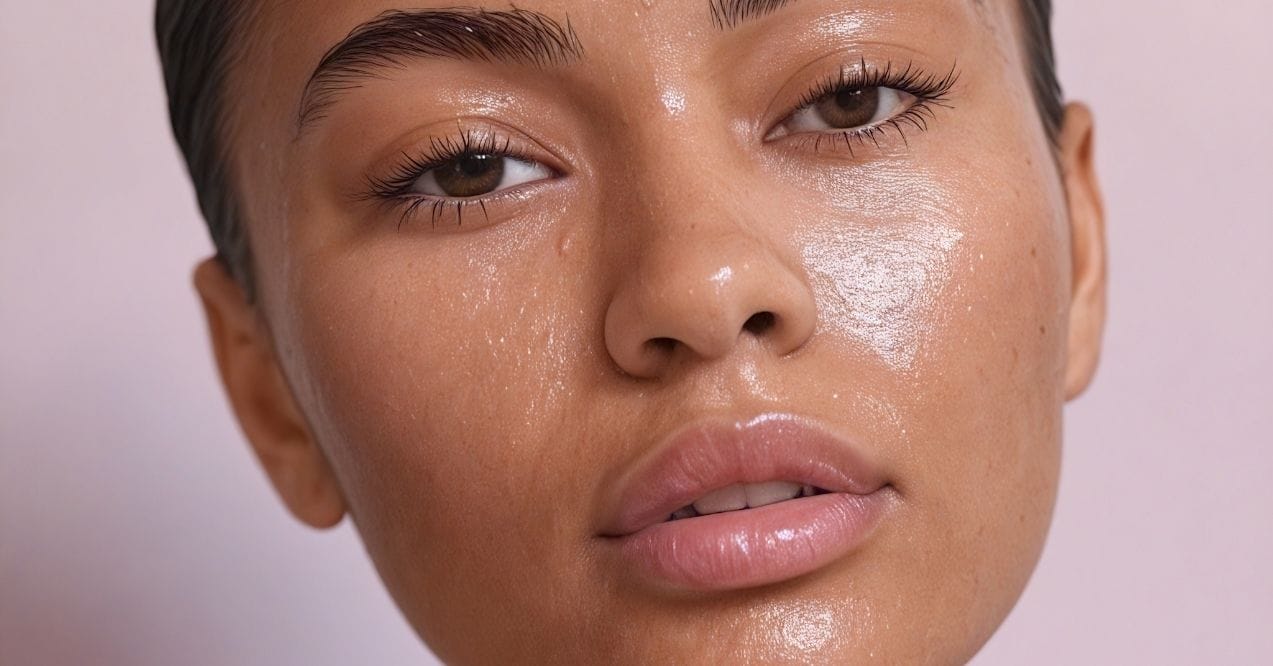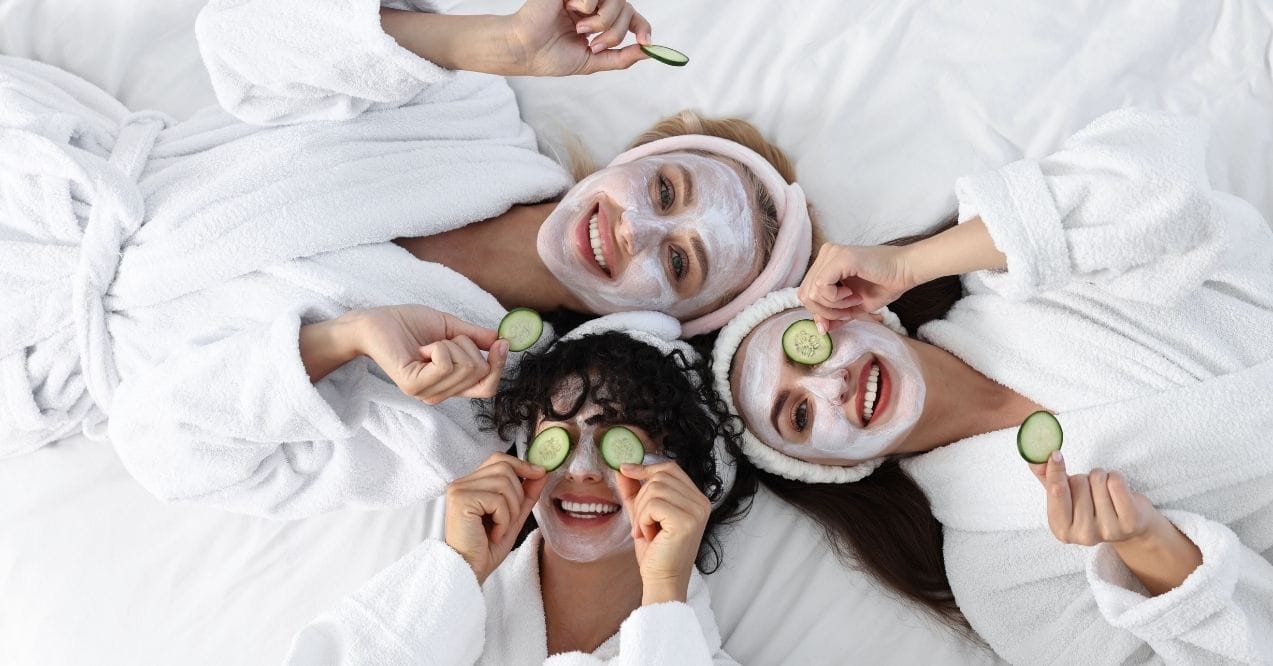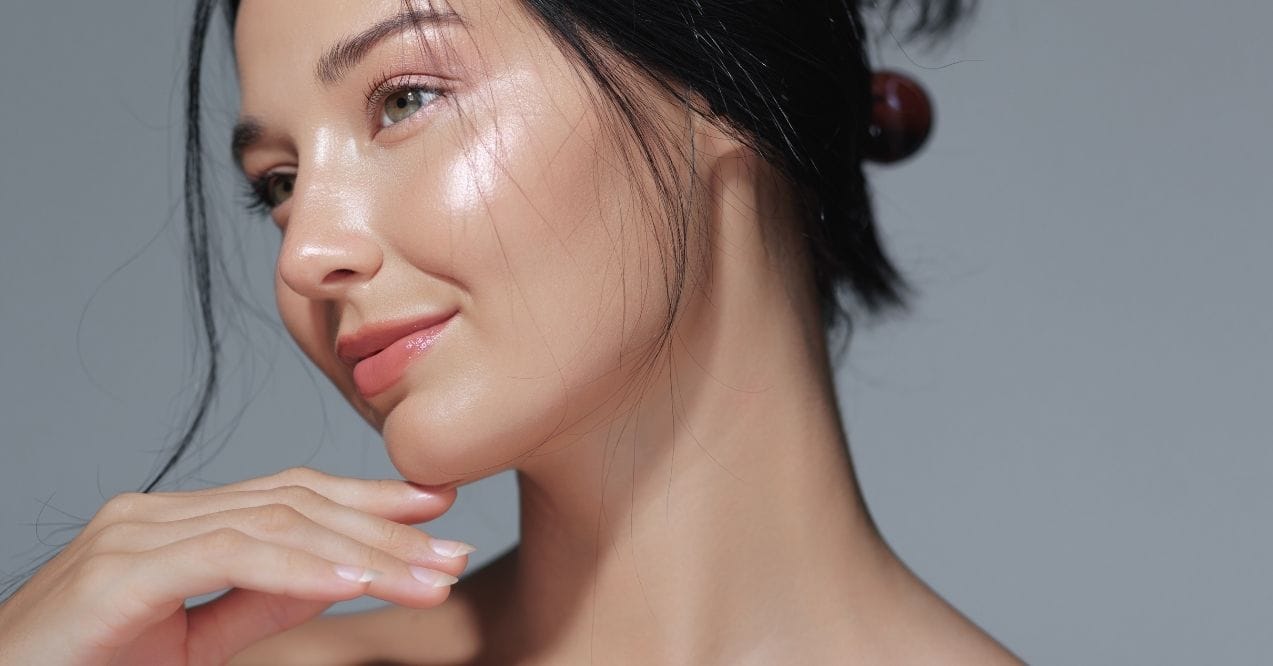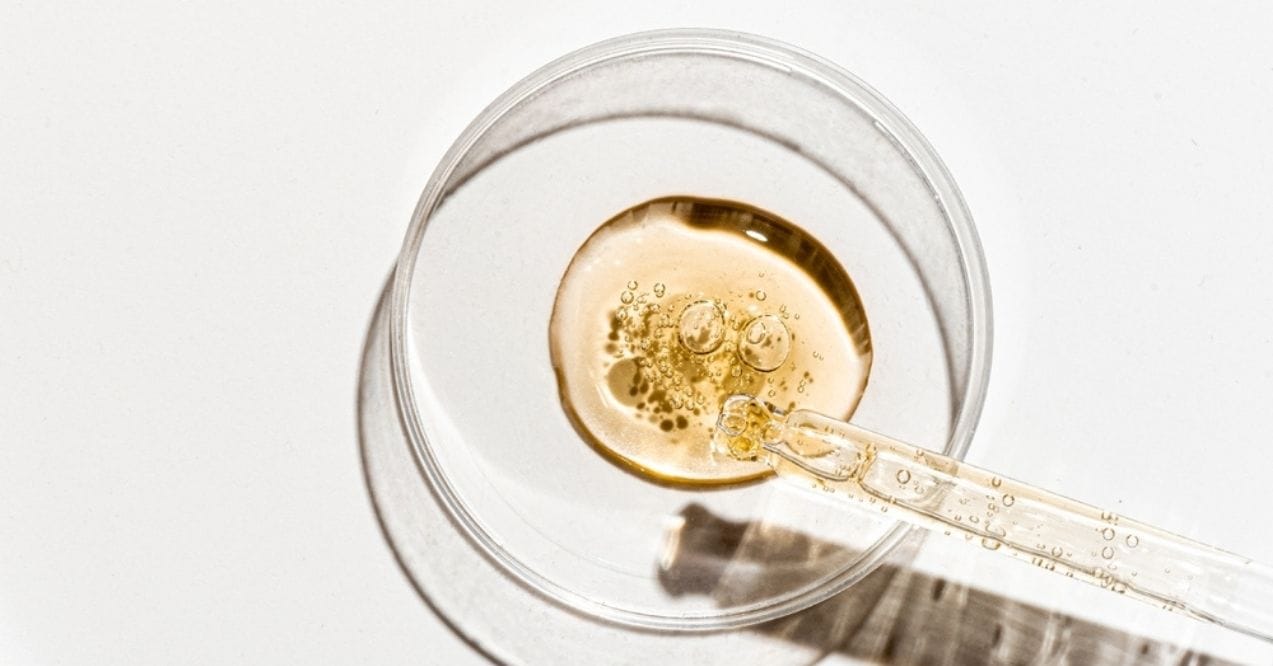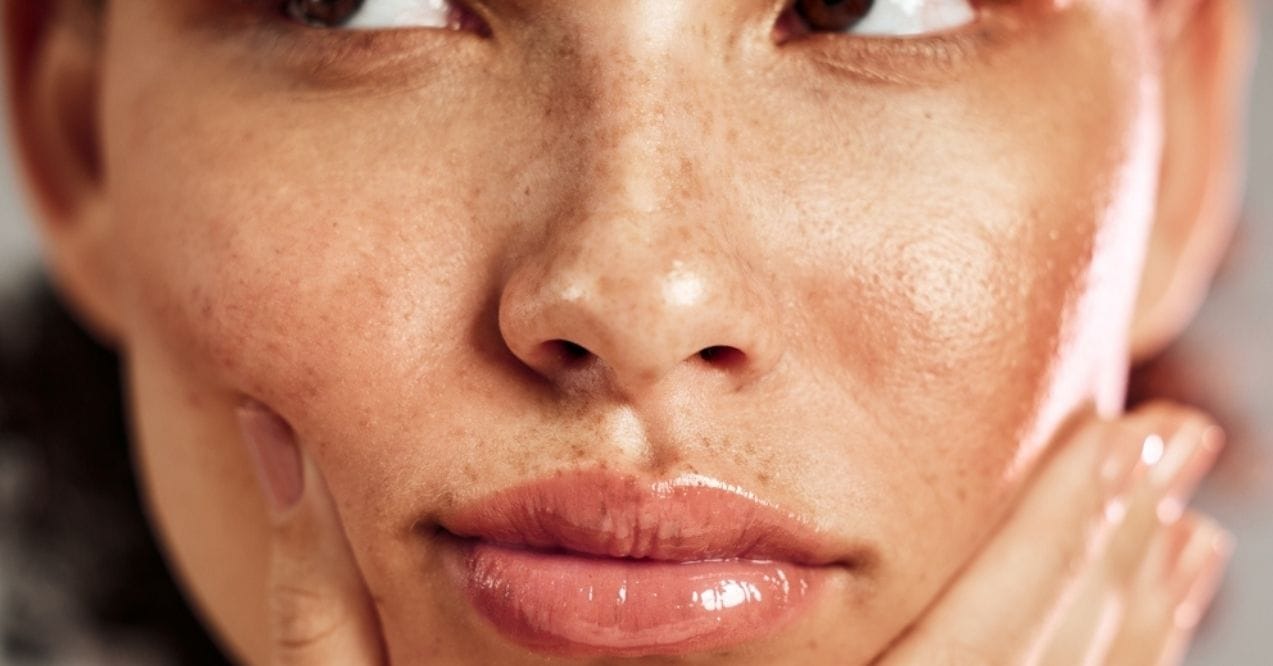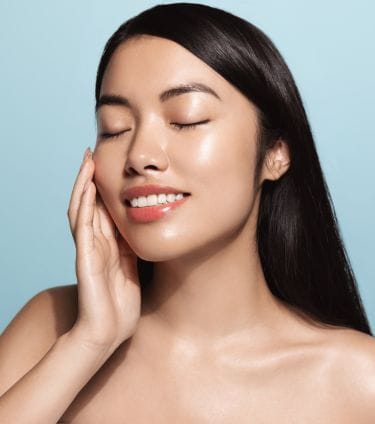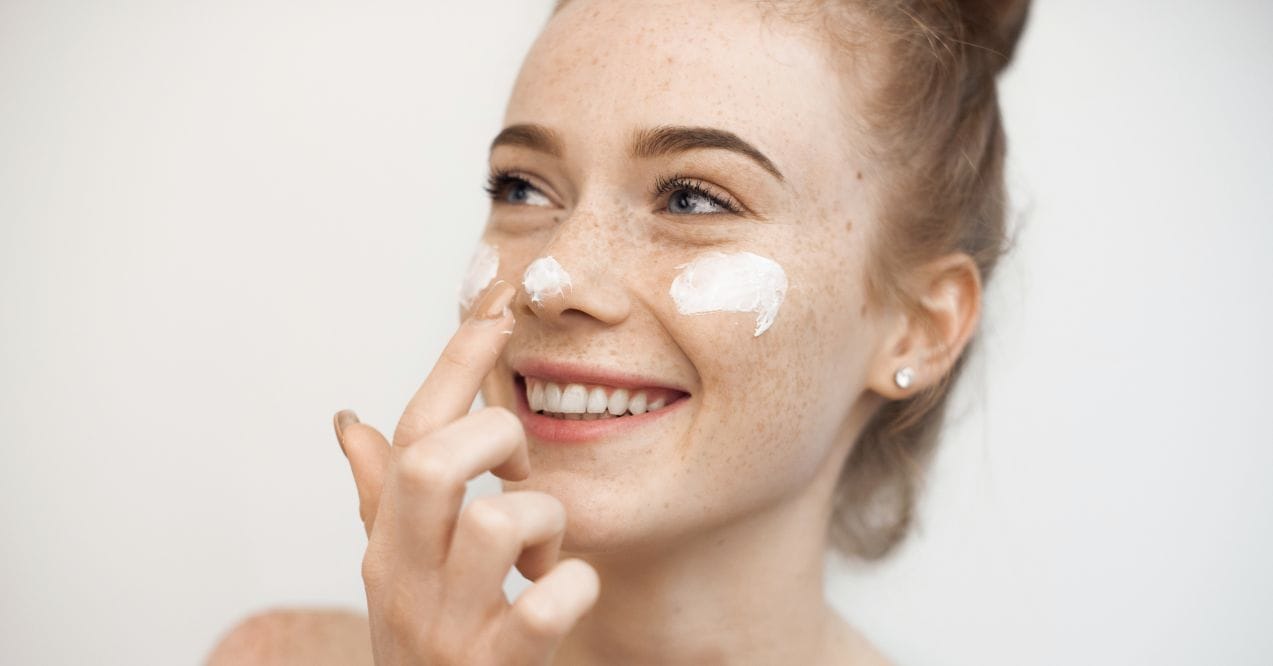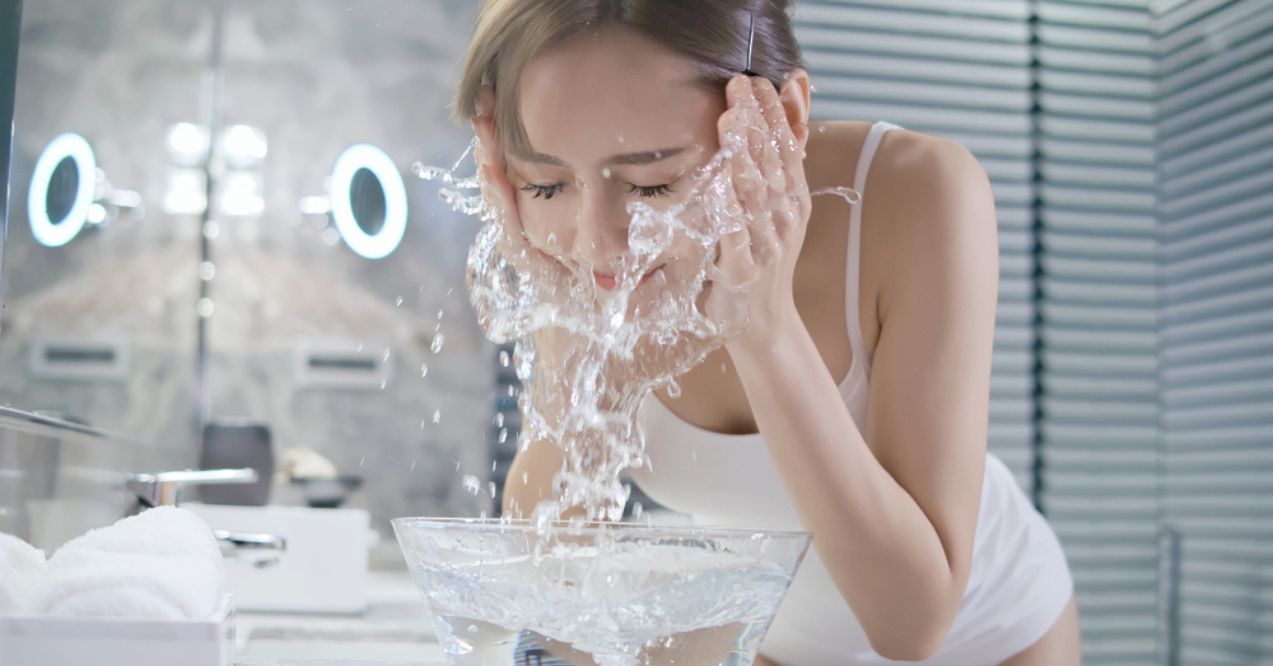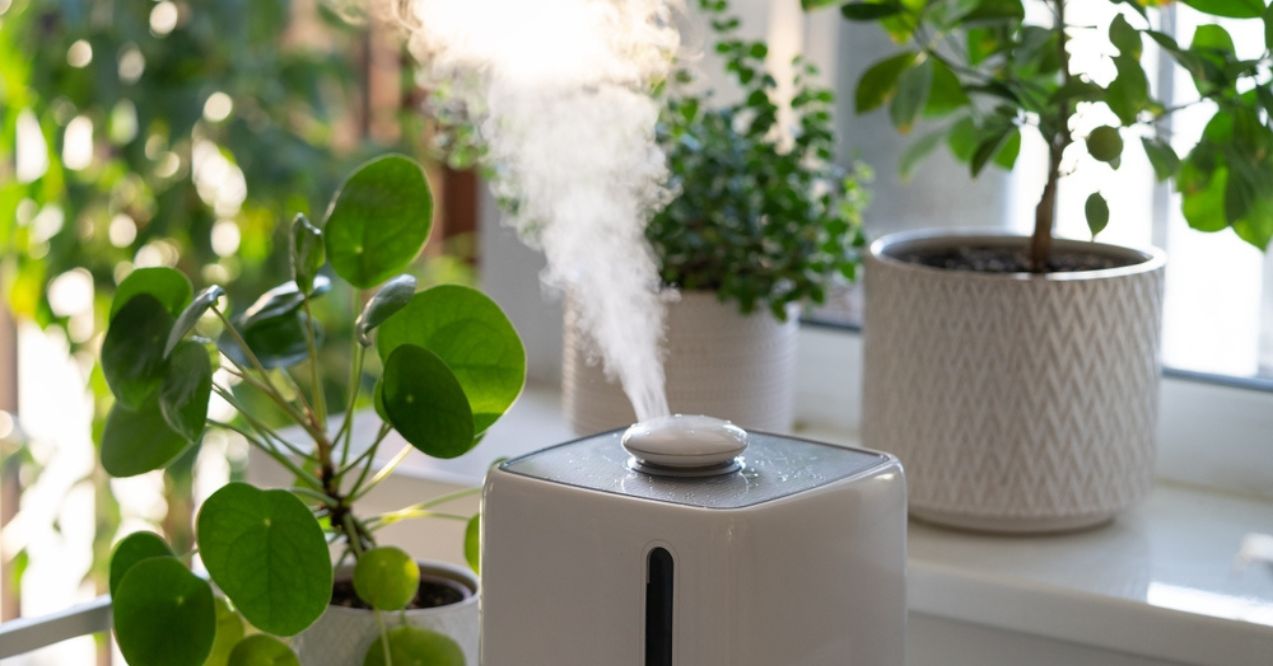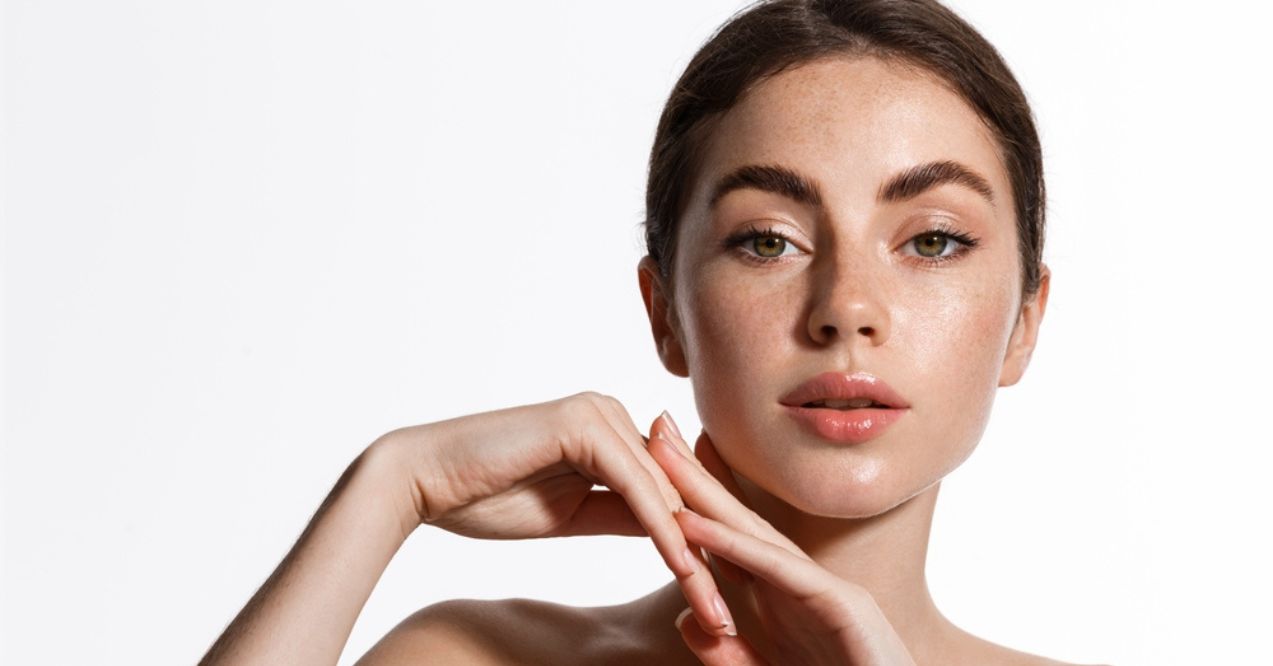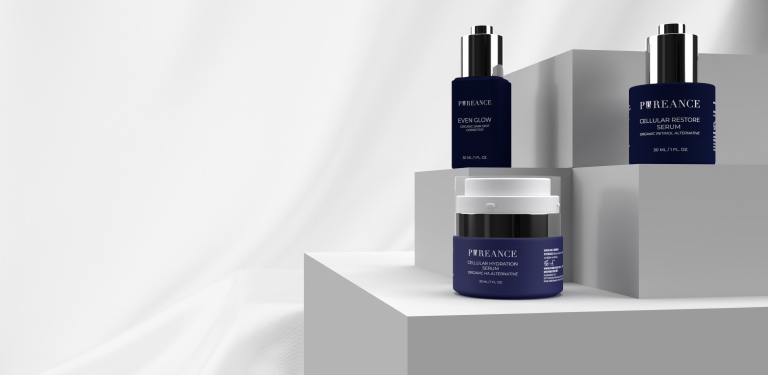


What Is Radiant Skin – And How to Get It?
Most of you might be wondering — what is radiant skin? A glowing appearance is the symbol of youthfulness and healthiness. It showcases the lively glow from within, as well as luminous, supple, even-toned, smooth skin. This skin’s internal glow comes from appropriate care for one’s body, nourishment, and hydration.
In this modern society, many desire to attain natural skin luminosity from within without relying too much on beauty products and cosmetics. The trend is shifting to having great skin with a high focus on faultless complexions. The good news is that radiant skin is very attainable for most people.
Your inner glow can shine through by adopting certain lifestyle habits and following a targeted skincare routine. When our bodies feel energized and healthy, it shows on our skin. This pursuit of luminosity has become a skincare obsession for some. Keep reading to understand what radiance skin is and how to achieve your most shimmering appearance.
Key Article Findings
- What is radiant skin? It’s a flawless complexion with few dark spots, redness, blemishes, or fine lines, and barely visible pores, resulting in a smooth appearance.
- Healthy habits like stress management, nutrition, and sleep enhance skin glow.
- Toning, exfoliating, and using vitamin C serums build a foundation for radiance.
- Care for the eyes, neck, and chest with moisturizers, SPF, and masks for added luminosity.
Radiant Skin Meaning
Do you desire to know the meaning of radiant skin? It is a clear, smooth, hydrous skin with a glowing aspect that appears to shine from within. It has a certain luminosity, vitality, and bounce, making it shiny and remarkable. It usually has characteristics like:
- A clear, even complexion free of blemishes or blotchiness;
- A minimal presence of pores with no visible flaking or peeling;
- A balanced, healthy oil level that is not oily or dry;
- A supple and smooth surface without sagging or wrinkles;
- A luminous and bright glow that appears to emanate from the inside;
- A rosy and healthy complexion that looks nourished and plump.
Many factors influence the definition of what is a radiant skin. Genetics plays a role, as some people are blessed with luminous skin. However, lifestyle adoptions and skincare routines may also affect your skin’s radiant appearance. Below are the dominant lifestyle aspects studies show can lower or elevate your skin’s luminosity:
Sleep
Adequate sleep tops the list for obtaining radiant skin because sleep deprivation severely dulls complexions. Aim and schedule 7-9 hours of nightly sleep.
Stress
Stress instigates hormone instabilities that often manifest in skin blemishes, sensitivity, and dullness. Mitigate stress through relaxing activities like socializing, meditation, or exercising.
Sun Exposure
Extreme sun rays damage elastin and collagen in the dermis, causing roughness, redness, dark spots, and lines that deteriorate radiance. Protect your skin from the sun’s direct rays.
Hydration
Dry skin has its luminosity fading fast. Consume hydrating diets with high water content, like leafy greens, citrus fruits, watermelons, or cucumbers, and take at least 10-15 cups of water daily. Also, moderate your alcohol consumption to special occasions or one drink daily maximum for best radiance results.
Diet
Refined and processed meals can cause skin dullness, while highly antioxidant, nutrient-dense ones boost luminosity. Emphasize anti-inflammatory spices like turmeric, lean proteins, vegetables, healthy fats, and fruits.
How to Get Radiant Skin?
Those anticipating to know how to get radiant skin should follow a skincare routine with compelling ingredients and adopt healthy lifestyle habits. There are some strategies to attain this radiance.
Developing healthy habits takes dedication but truly pays off with glowing dividends in the form of luminous skin. Let’s explore the step-by-step skincare routine for radiant skin.
1. Purify Your Skin
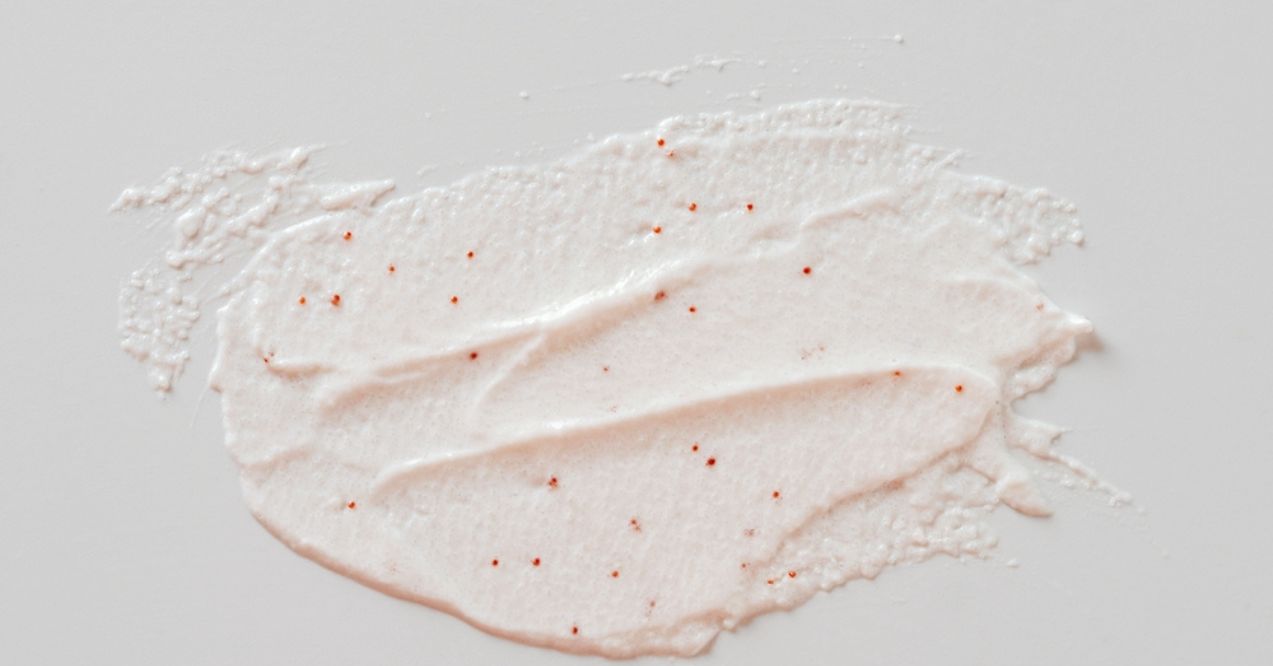
The initial strategy for achieving healthy skin is cleansing away dead cells, impurities, and dirt through exfoliation. Your body’s natural mechanisms will filter out these contaminants but at a slower pace as you age. Ensure to exfoliate routinely to clear this gloomy layer for a smoother and livelier appearance.
It stimulates cell turnover for enhanced radiance. Exfoliate 2-3 times a week using a manual scrub with jojoba beads or a chemical exfoliant like glycolic acid. Avoid using harsh scrubs or over-exfoliating, and be gentle.
2. Tone Your Skin Up

After skin purification, toning assists in reestablishing the skin’s pH balance. It refines rough patches and pores’ tightness, removing cleanser traces. Use a hydrating and alcohol-free toner with glycerin, aloe vera, or rose water.
After cleansing, rub the toner over your skin with a smooth cloth. Applying toner will leave your skin invigorated and ready to glow.
3. Introduce a Serum
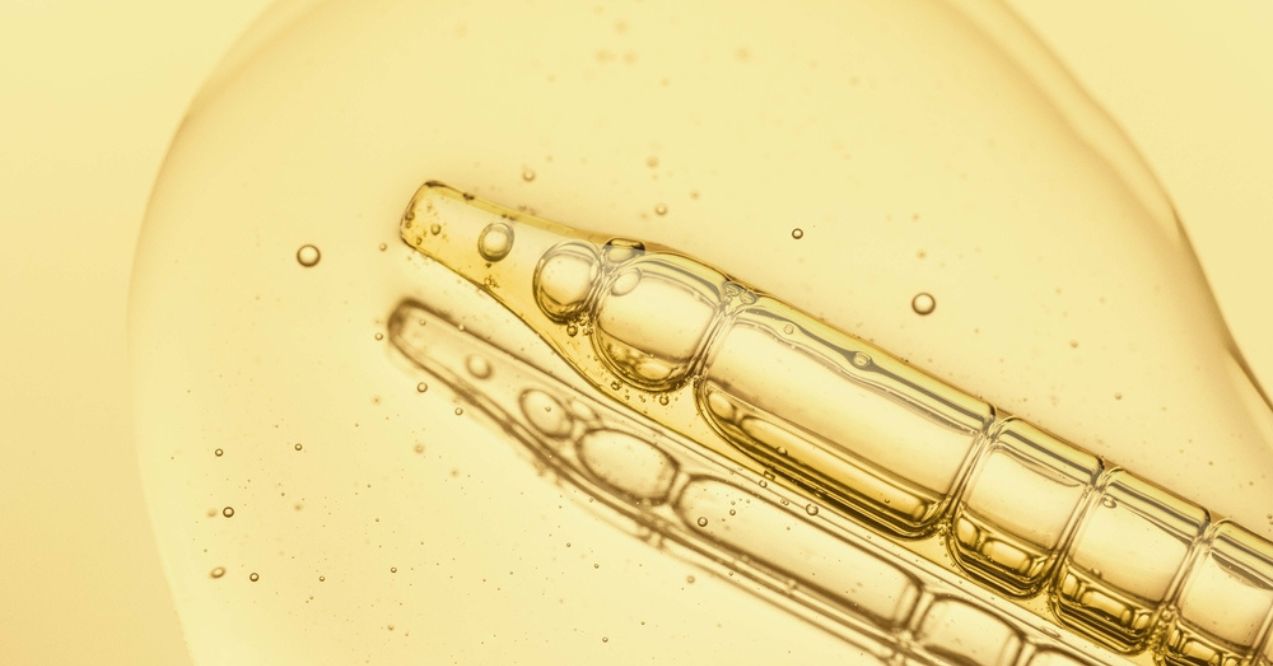
Most serums contain high levels of active compounds targeting particular skin issues. Vitamin C in most effective serums aids in achieving a glowing appearance. With their other efficient constituents like ferulic acid, these serums help even skin tone and amplify collagen formation for a lit-from-within and shiny glow.
4. Nurture Your Eye Area

The delicate and thin skin surrounding your eyes is usually the first to show aging signs, such as sagging, dark circles, and fine lines. Those wishing to attain a youthful and glowing appearance should take superior care of this body region.
5. Hydrate Your Facial Skin
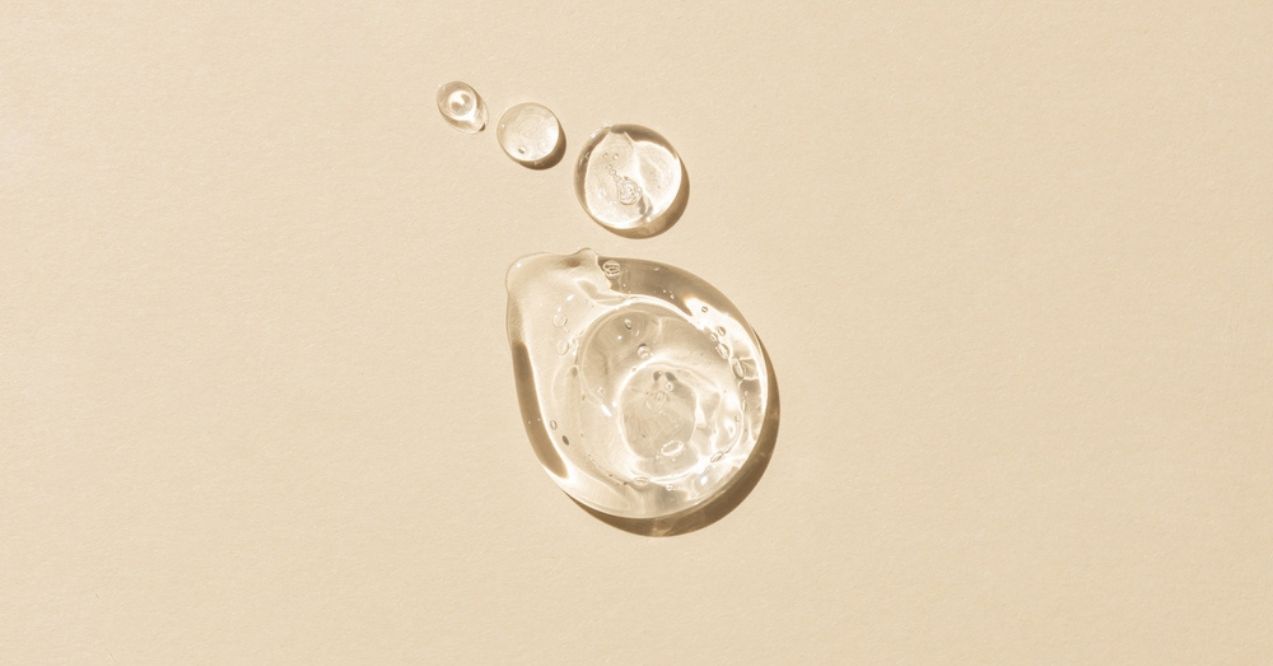
Intense hydration plays a critical role in fashioning a glow from within. Flaky and dehydrated skin can dampen your appearance. Hydrating well plumps up your skin cells for a dewy, luminous effect. Apply hydrating moisturizer to your face after serums.
6. Apply SPF for Smooth Protection
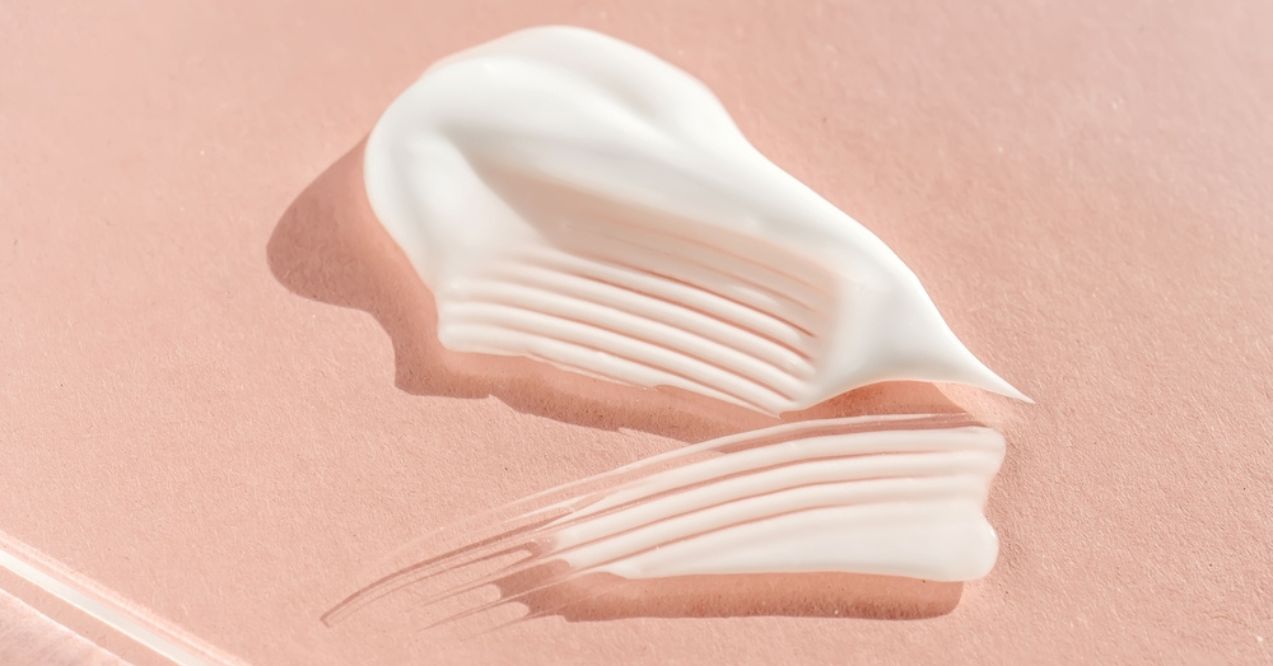
Safeguarding your body from sun rays is essential for maintaining even-toned and clear skin. UV skin harm can result in fast aging due to elasticity loss, age spots, and wrinkles. To effectively shield against UV damage, use SPF daily.
If spending more time outdoors, reapply SPF after a few hours. It helps protect your collagen and keeps skin imperfection-free. Also, you can use a brightening face mask regularly to maintain your skin’s radiance.
Conclusion
Understanding what radiant skin is reveals that it’s more than just a flawless complexion—it’s a reflection of overall health. Achieving radiant skin involves a balanced skincare routine focusing on hydration, collagen support, and protection. Healthy habits like good nutrition, sleep, and stress management further enhance your skin’s natural glow, leading to a luminous, even-toned complexion.
Glowing skin appears luminously with an evenly toned and transparent look. It seems lively, healthy, and awake, as if emanating from smooth inner radiance. It has a shiny and bright clarity with a fine texture and tone.
Yes. Individuals with glowing skin are mostly considered to have an attractive complexion since it showcases healthiness, vitality, and youthfulness. Its vibrant appearance is aesthetically enticing and can augment someone’s natural beauty. The luminous glow makes people look well-rested and lively as it flatters all skin tones.
Absolutely! The routine diet you take impacts your skin luminosity. To achieve glowing skin, ensure your food has anti-inflammatory spices and consume plentiful lean proteins, healthy fats, vegetables, and fresh fruits. Taking processed and refined meals can escalate inflammation. Limit alcohol consumption and hydrate your body with herbal teas and water.
Excessive stress, inadequate sleep, pollution exposure, poor diet, aging, sun damage, and dehydration can make skin seem lackluster and dull. Implementing an appropriate skincare schedule can assist in facilitating a radiant glow. Also, as you age, there is a decrease in elastin formation and collagen. Applying skincare elements can help restore radiance and diminish fine lines.
This site offers health, wellness, fitness and nutritional information and is designed for educational purposes only. You should not rely on this information as a substitute for, nor does it replace, professional medical advice, diagnosis, or treatment. If you have any concerns or questions about your health, you should always consult with a physician or other health-care professional. Do not disregard, avoid or delay obtaining medical or health related advice from your health-care professional because of something you may have read on this site. The use of any information provided on this site is solely at your own risk.
Nothing stated or posted on this site or available through any services are intended to be, and must not be taken to be, the practice of medical or counseling care. For purposes of this agreement, the practice of medicine and counseling includes, without limitation, psychiatry, psychology, psychotherapy, or providing health care treatment, instructions, diagnosis, prognosis or advice.
